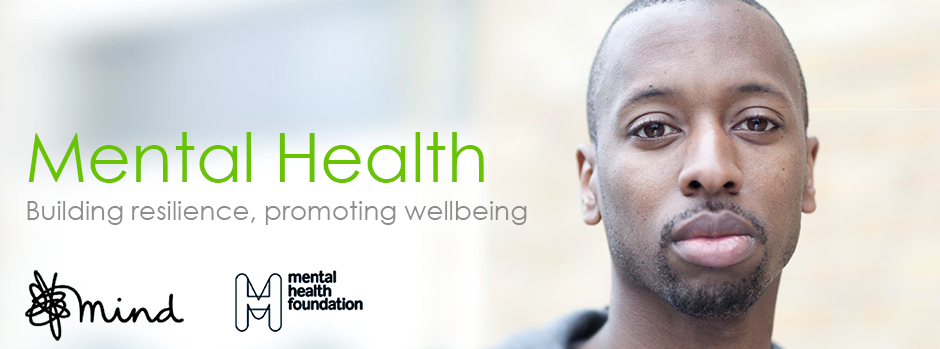
What is mental wellbeing?
Mental wellbeing describes your mental state – how you are feeling and how well you can cope with day-to-day life.
Our mental wellbeing can change, from day to day, month to month or year to year.
If you have good mental wellbeing (or good mental health), you are able to:
- feel relatively confident in yourself – you value and accept yourself and judge yourself on realistic and reasonable standards
- feel and express a range of emotions
- feel engaged with the world around you – you can build and maintain positive relationships with other people and feel you can contribute to the community you live in
- live and work productively
- cope with the stresses of daily life and manage times of change and uncertainty.
What can affect my mental wellbeing?
We all have times when we have low mental wellbeing – when we feel sad or stressed, or find it difficult to cope. For example, when we suffer some sort of loss; experience loneliness or relationships problems; or are worried about work or money. Sometimes, there is no clear reason why we experience a period of poor mental health.
Five steps to mental wellbeing
- Evidence suggests there are five steps we can all take to improve our mental wellbeing. Read our 5 Ways to Wellbeing booklet
- If you approach them with an open mind and try them, you can judge the results yourself.
- Learn more on the NHS website in Awareness for mental wellbeing.
- The NHS website Wellbeing Assessment Tool
- Find out more on the NHS website about mental wellbeing
- Click here for the Sleep matters information booklet
- Click here for the How to manage and reduce stress booklet
- Click here for the How to improve your sleep booklet
- British Heart Foundation - Your heart and mental health

